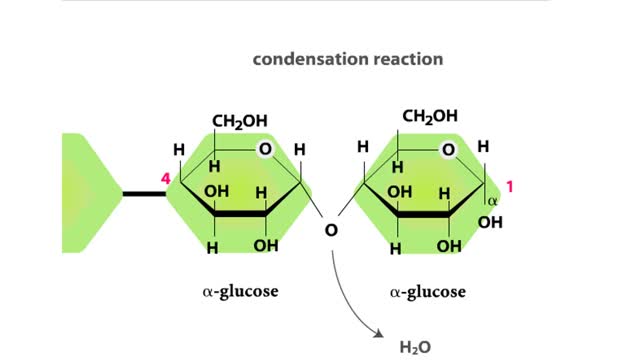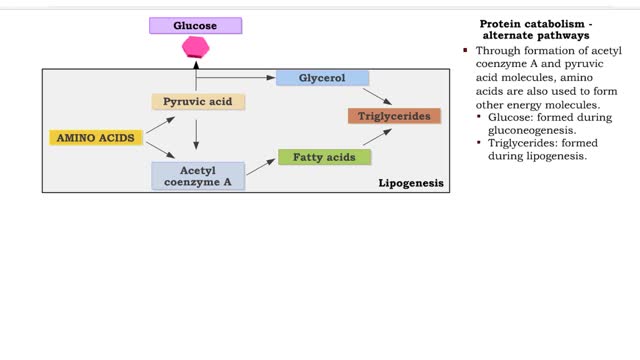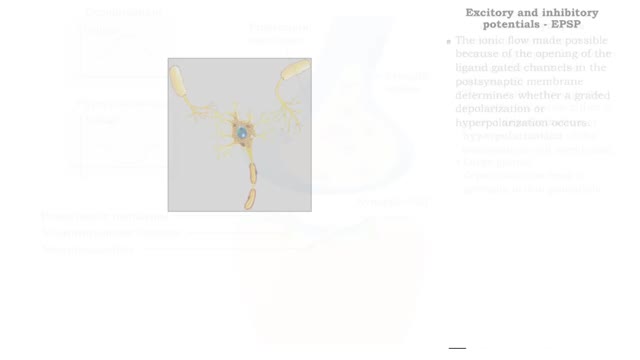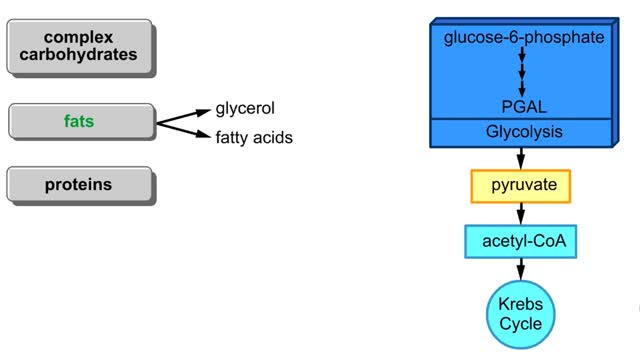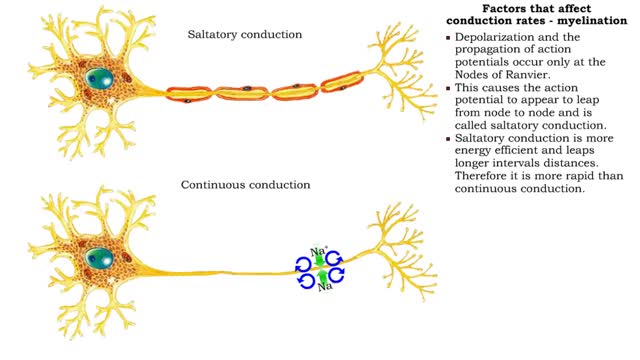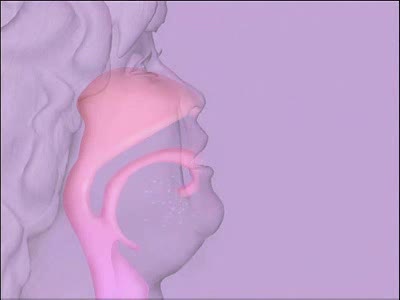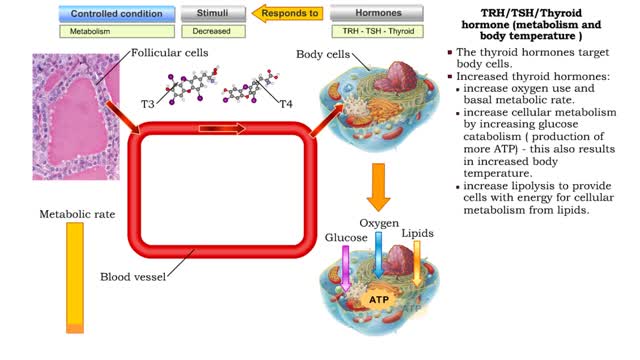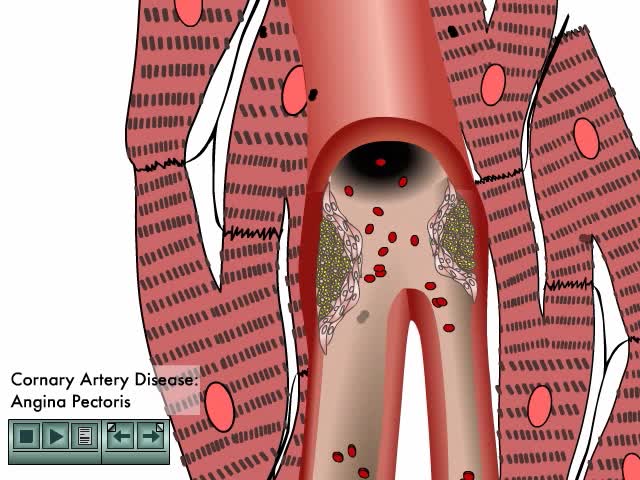Search Results
Results for: 'Energy Flow'
Major Elements in Biological Molecules: Carbohydrates
By: HWC, Views: 11220
Carbohydrates include simple sugars (monosaccharides) as well as large polymers (polysaccharides). Glucose is a hexose, a sugar composed of six carbon atoms, usually found in ring form. A starch macromolecule is a polysaccharide composed of thousands of glucose units. Glucose molecules can be ...
Protein catabolism (Krebs cycle) and Protein anabolism (protein synthesis)
By: HWC, Views: 12269
• Deaminated acids are brought into the Krebs cycle to be oxidized to CO2 and H2O. • Before entering the Krebs cycle, the deaminated acids are converted into intermediate products (pyruvic acid, acetyl coenzyme A, carbonic acids). • In the Krebs cycle, amino acids are oxidized to form r...
Neurotransmission at chemical synapses & Excitory and inhibitory potentials
By: HWC, Views: 11644
• A series of events occur at chemical synapses in order to communicate with the adjacent cell. • The action potential arrives at the presynaptic membrane. • The depolarization phase of the action potential opens voltage gated Ca+ channels. • increased inflow of Ca+' into the cyto...
By: HWC, Views: 5868
Points at which organic compounds enter the reaction stages of aerobic respiration. Complex carbohydrates are broken down into simple sugars, such as glucose. They become the substrates for glycolysis. If your body doesn't need to burn glucose for energy, glucose-6-phosphate can be co...
Factors that affect conduction rates (myelination, axon diameter & temperature)
By: HWC, Views: 11799
• Several factors determine the rate of conduction of action potentials: • Myelination • Axon diameter • Temperature • The step-by-step depolarization of an axon is called continuous conduction and occurs along unmyelinated axons. • Neurons in the PNS have many axons that ...
By: Administrator, Views: 15087
Angina is a type of chest pain caused by reduced blood flow to the heart. Angina (an-JIE-nuh or AN-juh-nuh) is a symptom of coronary artery disease. Angina, which may also be called angina pectoris, is often described as squeezing, pressure, heaviness, tightness or pain in your chest.
By: HWC, Views: 11266
Thyroid hormone production • A decline in metabolic rate caused by increased metabolic need or physical exertion stimulates the production of thyrotropin hormone releasing (TRH) hormone from the cells of the hypothalamus. • Thyrotropin hormone releasing hormone targets the thyrotrophic ce...
Coronary Heart Disease Animation
By: Administrator, Views: 15095
Arteriosclerotic heart disease occurs when arterial vessels are marked by thickening, hardening, and loss of elasticity in arterial walls. Course of cardiovascular disease accelerates due to: Reduced blood flow Rlevated blood lipids Defective endothelial repair
By: Administrator, Views: 14528
Apnea is the cessation of breathing. During apnea, there is no movement of the muscles of inhalation, and the volume of the lungs initially remains unchanged. Depending on how blocked the airways are (patency), there may or may not be a flow of gas between the lungs and the environment; gas excha...
Advertisement



